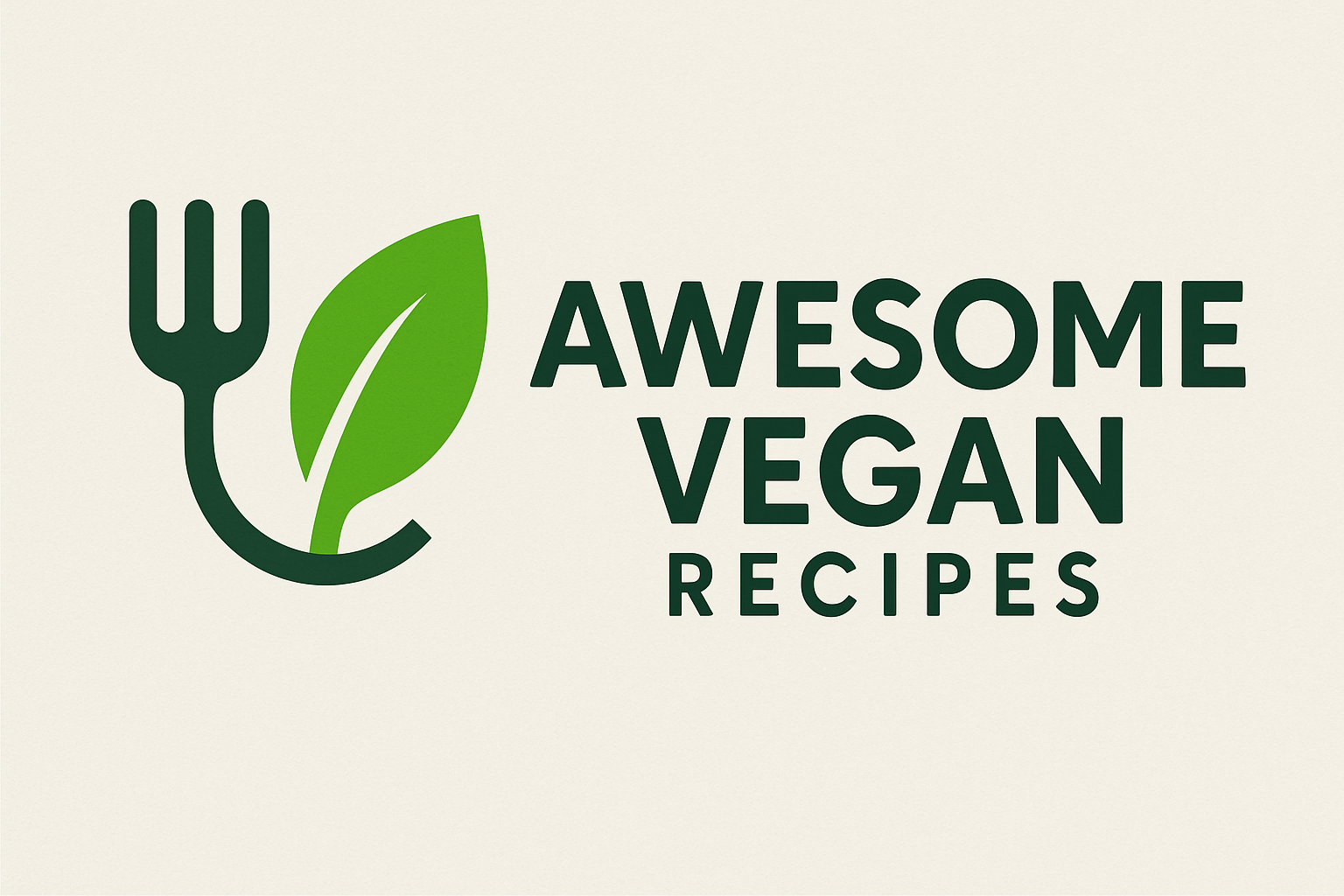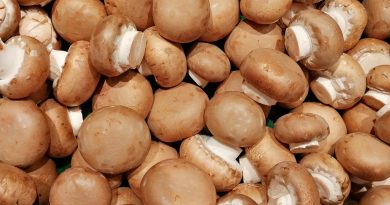Plant-Based Diets: A Key to Kidney Health for Vegans
Plant-Based Diets: A Key to Kidney Health for Vegans
Introduction
As a vegan diet and lifestyle expert, I am often asked about the benefits of a plant-based diet for various aspects of health. One area that I frequently emphasize is the importance of a vegan diet for kidney health. In this article, I will discuss how a plant-based diet can support kidney health, as well as provide tips for vegans to ensure they are maintaining optimal kidney function.
Benefits of a Plant-Based Diet for Kidney Health
Numerous studies have shown that a plant-based diet can have a positive impact on kidney health. Plant-based foods are generally lower in saturated fat and cholesterol, which can help reduce the risk of developing kidney disease. Additionally, fruits and vegetables are rich in antioxidants and anti-inflammatory compounds, which can help protect the kidneys from damage.
A plant-based diet is also typically lower in protein, which can be beneficial for kidney health. High protein diets can put added strain on the kidneys, as they are responsible for filtering out waste products from protein metabolism. By consuming plant-based sources of protein, such as legumes, tofu, and nuts, vegans can reduce the burden on their kidneys and support overall kidney function.
Tips for Vegans to Support Kidney Health
While a plant-based diet can be beneficial for kidney health, it is important for vegans to be mindful of certain factors to ensure they are maintaining optimal kidney function. Here are some tips for vegans to support kidney health:
1. Stay Hydrated: Adequate hydration is essential for kidney health, as it helps to flush out toxins and waste products. Make sure to drink plenty of water throughout the day, and consider incorporating hydrating foods like cucumbers, watermelon, and leafy greens into your diet.
2. Monitor Phosphorus Intake: Phosphorus is a mineral that can accumulate in the blood when kidney function is compromised. While phosphorus is essential for bone health, excessive intake can be harmful for those with kidney disease. Limiting intake of high phosphorus foods like dairy products and processed foods can help protect kidney function.
3. Manage Blood Pressure and Blood Sugar: High blood pressure and diabetes are two of the leading causes of kidney disease. As a vegan, focusing on whole, plant-based foods can help manage these conditions and reduce the risk of kidney damage. Incorporating foods rich in potassium, such as bananas, sweet potatoes, and leafy greens, can also help support healthy blood pressure levels.
4. Limit Sodium Intake: Excessive sodium intake can contribute to high blood pressure and kidney damage. Be mindful of hidden sources of sodium in processed foods and opt for whole, minimally processed foods whenever possible. Herbs and spices can be used to flavor food in place of salt.
5. Consider Supplementation: While a well-balanced plant-based diet can provide most essential nutrients, vegans may benefit from certain supplements to support kidney health. Vitamin D, omega-3 fatty acids, and B vitamins are all important for kidney function and can be obtained through supplementation if needed.
Conclusion
In conclusion, a plant-based diet can be a key component of maintaining kidney health for vegans. By focusing on whole, plant-based foods and incorporating healthy lifestyle practices, vegans can support optimal kidney function and reduce the risk of developing kidney disease. Being mindful of hydration, phosphorus intake, blood pressure, blood sugar, sodium intake, and supplementation can all contribute to overall kidney health and well-being. As a vegan diet and lifestyle expert, I encourage all vegans to prioritize their kidney health and make informed choices to support their overall well-being.






